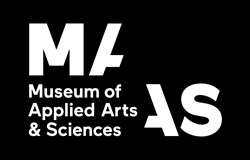When: Monday 12th November, 9:35am – 10:20am
Where: Theatre, Level 2 down the stairs to the right of the registration/foyer area
Hashtag: #M2
The sophisticated Indigenous knowledge systems of Australia’s first peoples are both ancient and unique to this continent and I attest are a vital part of Australia’s knowledge capital.
Unlike their Western knowledge system counterparts, if they are not maintained, practised and developed in Australia as vibrant living knowledge systems they will not exist anywhere else in the world.
We need to recognise and value the enormous contribution that Aboriginal peoples have and continue to make to our understanding of the world. After all we have survived in this fragile land scape for millennia, we have knowledge to share. Are you ready to elevate, engage and collaborate with First Nations people’s to maintain our indigenous knowledge systems for this is an issue of national significance for all Australians.
Invited Speaker
Joanne Selfe, Project Officer, MAAS Indigenous Engagement & Strategy
